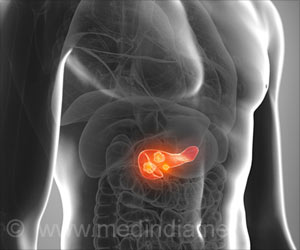
"Women diagnosed with breast cancer at an early age typically have a different set of medical and psychosocial issues and concerns than do older women," said Rosenberg. "We were interested in learning from women who had a choice about surgery what factors were associated with their decisions."
A lumpectomy involves surgically removing the tumor and some of the healthy tissue around it, but it typically spares most of the breast. It is standard to treat the area with radiation therapy following surgery to destroy any remaining cancer cells. A mastectomy removes most or all of the breast, and possibly chest muscle and some lymph nodes to prevent spread of the disease. Most women do not need radiation therapy after a mastectomy, though many chose to have additional surgery to reconstruct the breast. Studies have shown that the overall survival rates for lumpectomy followed by radiation compared with mastectomy are the same.
Overall, the researchers found that 172 of the women, or 62 percent, opted to have either a single or double mastectomy. Factors associated with choosing a mastectomy included having a genetic mutation, an overabundance of the HER2 protein in tumor cells, signs of spread to the lymph nodes, higher tumor grade, lower body mass index, having two or more children, increased anxiety, and greater patient involvement in the decision. Other factors of interest, including age, race, marital status, tumor size, having an estrogen-sensitive tumor, having a first degree relative with breast or ovarian cancer, fear of recurrence, and depression, were not significantly associated with having a mastectomy.
"Rates of mastectomy, particularly in young women with breast cancer, are on the rise, and it is not entirely clear why," said Rosenberg. "Our data suggest that disease and genetic factors may be related to choice, as well as anxiety and how the decision was made. Further research is clearly warranted in an effort to help ensure women can make informed, quality decisions about their breast cancer therapy."
Advertisement












